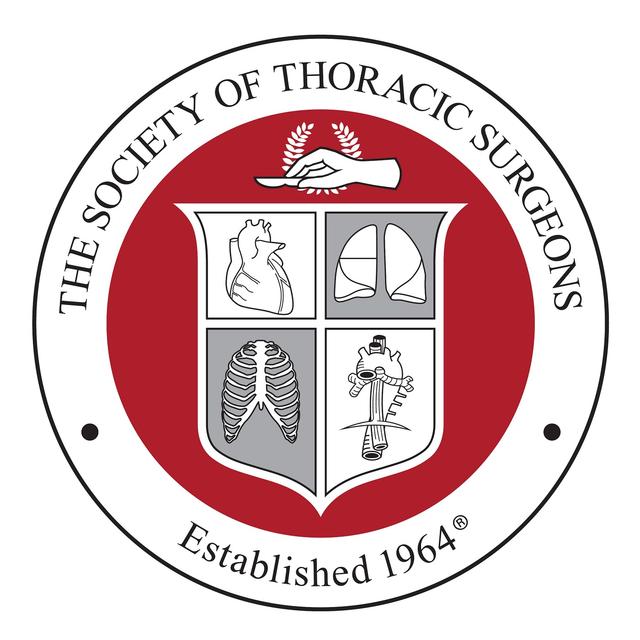Welcome to today's blog post,where we delve into the latest developments affecting the healthcare landscape. If you're a surgeon or part of a surgical team,understanding the intricacies of coding and reimbursements is crucial. Recently,the Centers for Medicare & Medicaid Services (CMS) made a significant policy change that will alter the way reimbursements are handled for 90-day surgical global periods.
This policy is set to take effect on January 1,2025, and will have important implications for the financial operations of surgical practices. The CMS's finalized policy reshapes the reimbursement process by modifying how 90-day surgical global periods are coded. These global periods traditionally encompass all necessary services provided by a surgeon before, during,and after a procedure,bundled into one comprehensive payment.
However,with the new policy,adjustments in coding practices will be required, potentially affecting the overall reimbursement that surgical teams receive. Understanding the details of this policy is essential for surgeons and their staff to adapt to the impending changes. By familiarizing themselves with the new coding requirements, surgical practices can ensure they maintain accurate billing processes and continue to receive appropriate reimbursements for their services.
This transition may require some initial adjustments, but being proactive will help mitigate any negative financial impacts. As this policy change approaches,it is advisable for surgical teams to engage in training and seek guidance to navigate the updated coding landscape effectively. Staying informed and prepared will be key to managing the transition smoothly and ensuring that the quality of patient care remains uncompromised.
In conclusion,the upcoming changes to the 90-day surgical global period reimbursements by CMS signal a significant shift in the healthcare billing environment. By taking the time to understand and implement these changes, surgeons and their teams can safeguard their practices' financial stability while continuing to provide excellent care to their patients. Stay tuned to our blog for further updates and insights into how these changes unfold and how best to prepare for them.
